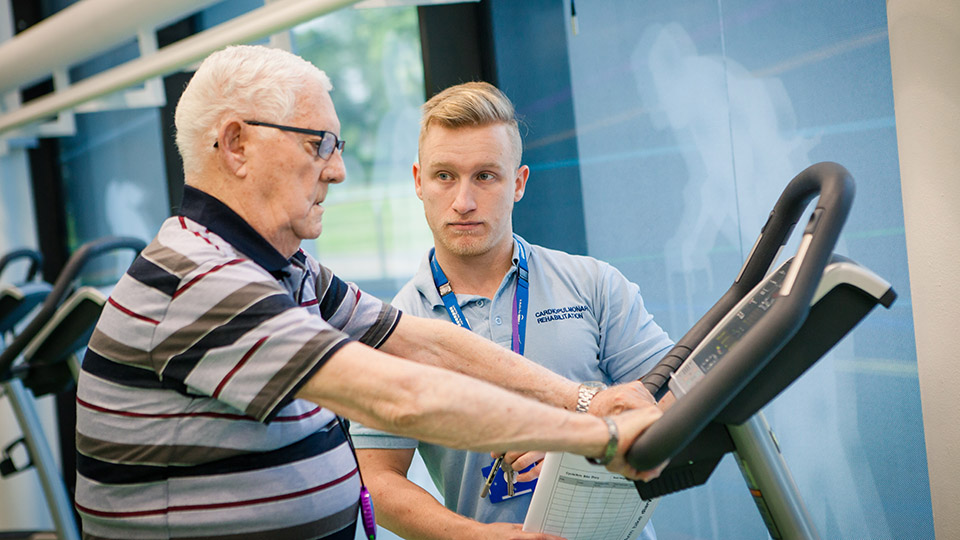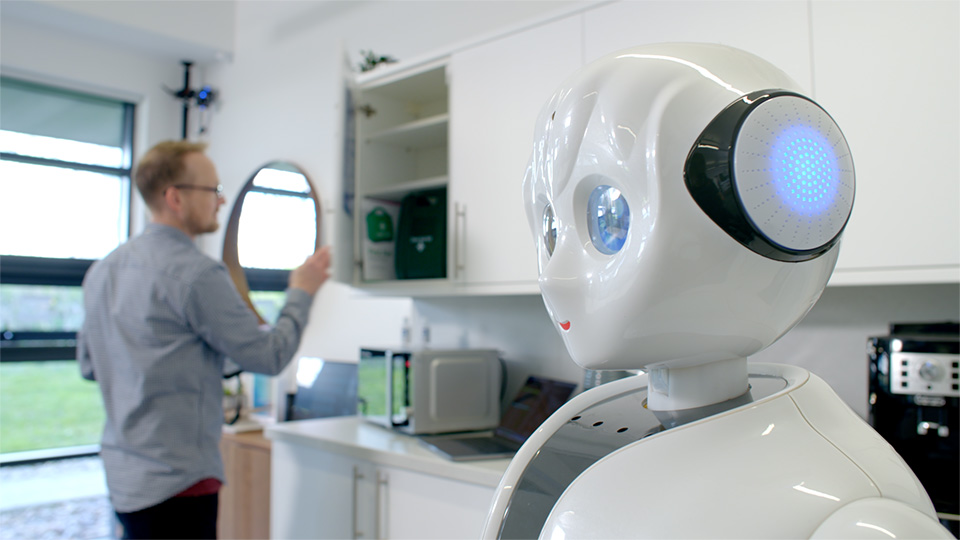Hear from our experts
Our world leading experts in rehabilitation give an insight into the ground-breaking research, innovation, education and training at the National Rehabilitation Centre (NRC).
Experts in Sport podcast: The development of the NRC
Professor Mark Lewis (Loughborough University Academic Lead for the NRC) Professor Pip Logan (Director of Research and Knowledge Exchange – University of Nottingham), and Miriam Duffy (NRC Programme Director) sit down with host Martin Foster to discuss the development of the National Rehabilitation Centre (NRC), detailing its clinical benefits, facilities, as well as its long-term impact in the world of rehabilitation.
Experts in Sport podcast: Exoskeletons and rehabilitation technology
Dr. Michael Craven (Principal Research Fellow at the University of Nottingham) discusses his research into rehabilitation technology, diving into the use of exoskeletons in musculoskeletal rehabilitation, as well as sharing future development plans for the NRC.
Experts in Sport podcast: Enhancing prosthesis using 3D printing
In the third and final episode of the series, Dr Anna Lion (Research Fellow of Faculty of Engineering at the University of Nottingham) and Professor Richard Bibb (Professor of Medical Applications of Design) discuss the Rehabilitation Technologies Network, as well as the development of technology to enhance rehabilitation devices using 3D printing and how it fits within the NRC.

